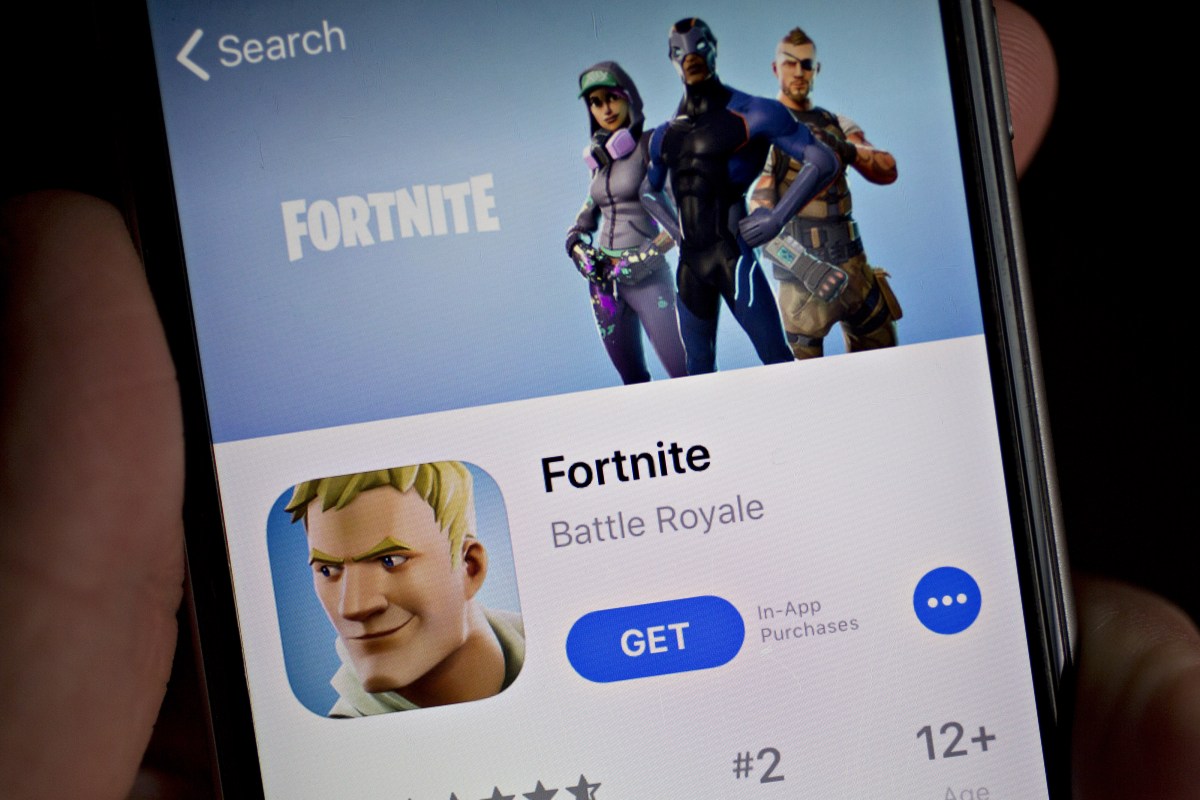The Department of Justice, along with seventeen state attorneys general, has initiated a significant lawsuit against Apple, alleging monopolistic practices in the smartphone industry. This legal action comes amidst an ongoing battle between Apple and Fortnite maker Epic Games, who have long accused Apple of antitrust violations related to its iOS App Store.
While Epic Games is not explicitly mentioned in the 88-page lawsuit, the content reflects the company’s concerns regarding the App Store’s anti-competitive behavior.
The suit criticizes Apple for enforcing App Store rules arbitrarily, penalizing developers who challenge its monopoly power. Epic’s primary grievance is the mandatory 30% revenue cut that developers must pay to Apple for in-app purchases. Additionally, iPhones do not support sideloading apps like Android devices, giving Apple complete control over all apps on its platform.
CEO Tim Sweeney has been a vocal critic of Apple’s revenue-sharing model, leading to a dispute that escalated when Epic allowed Fortnite players to pay directly instead of through Apple. This move resulted in Epic’s removal from the App Store, sparking ongoing legal battles between the two companies.
Despite previous rulings in Apple’s favor, the lawsuit aligns with some of Epic’s complaints, highlighting Apple’s continued dominance in the app ecosystem and its revenue-generation practices.
Other companies, such as Spotify, have also challenged Apple’s policies, with the European Union fining Apple for antitrust violations in the music streaming market. The Coalition for App Fairness, including Epic Games and Spotify, has voiced support for the DOJ’s action against Apple.
While Epic Games declined to comment on the matter, the executive director of the Coalition for App Fairness emphasized the need to address Apple’s alleged abusive behavior in the app market. Meanwhile, Tim Sweeney has refrained from making public comments on the issue during his testimony in an ongoing legal battle.


